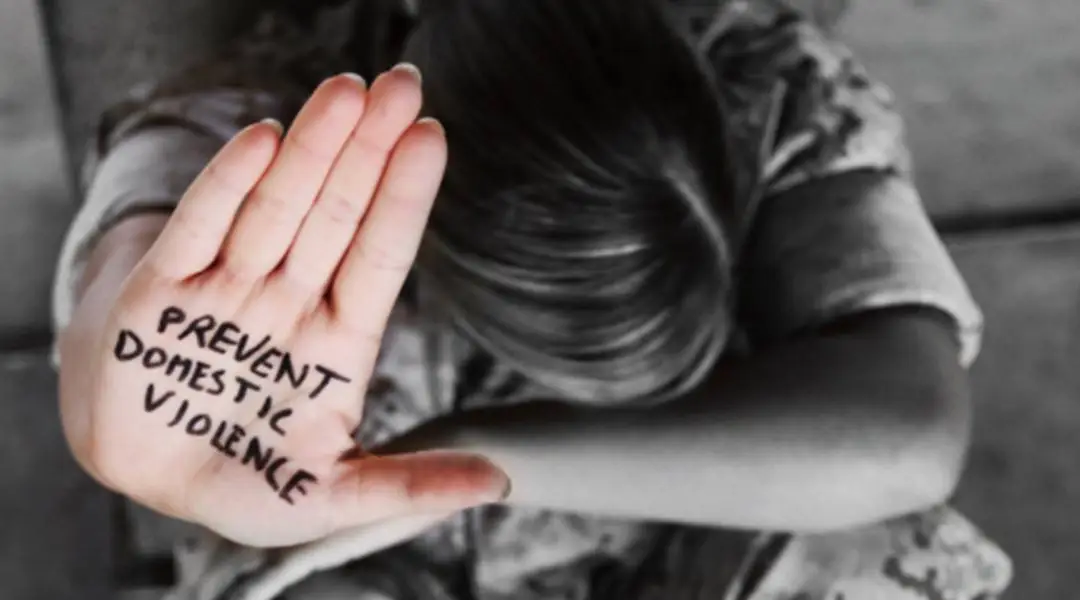
Education serves as a powerful tool in preventing domestic violence and fostering safe and healthy communities. In this article, we explore the transformative power of education in raising awareness, challenging societal norms, and equipping individuals with the knowledge and skills needed to prevent domestic violence. By prioritizing education, we can create a society where every person feels empowered to recognize, address, and prevent domestic violence.
1. Breaking the Silence: Raising Awareness and Destigmatizing Domestic Violence
- Discussing the importance of education in breaking the silence surrounding domestic violence and encouraging open dialogue.
- Exploring awareness campaigns, workshops, and community initiatives aimed at destigmatizing domestic violence and fostering empathy.
2. Recognizing the Red Flags: Educating Individuals on the Signs of Abuse
- Explaining the significance of educating individuals about the warning signs and patterns of domestic violence.
- Providing resources and educational materials that help community members recognize the signs and intervene early.
3. Promoting Healthy Relationships: Teaching Communication and Consent
- Emphasizing the role of education in promoting healthy relationship dynamics, effective communication, and the importance of consent.
- Discussing the integration of relationship education programs in schools, universities, and community centers.
4. Empowering Bystanders: Educating Communities on Intervention and Support
- Exploring bystander intervention programs that educate community members on how to recognize and safely intervene in potentially harmful situations.
- Highlighting the importance of teaching bystanders to support survivors and connect them with appropriate resources.
5. Youth Education: Nurturing a Generation of Change Agents
- Discussing the significance of comprehensive education programs for children and teenagers, teaching them about healthy relationships, consent, and respectful communication.
- Showcasing initiatives that engage youth in advocacy efforts, encouraging them to become change agents in their communities.
6. Collaborative Approaches: Partnering with Schools, NGOs, and Government Entities
- Highlighting the importance of collaboration among schools, non-governmental organizations, and government entities to implement effective educational programs.
- Showcasing successful partnerships that have yielded positive results in preventing domestic violence.
Education is a powerful tool in preventing domestic violence, promoting healthy relationships, and nurturing safe communities. By raising awareness, teaching individuals to recognize the signs of abuse, promoting healthy relationship skills, empowering bystanders, and engaging youth, we can create a society that values respect, equality, and non-violence. Let us harness the power of education to build a future free from domestic violence, where every individual can thrive in a safe and supportive environment.
Related Posts
Expert Tree Services in Vancouver, WA: Ensuring Healthy and Safe Trees
Trees are a valuable part of any landscape, adding beauty, shade, and value to y...
Read More
Why Chairs for Worship Are the Perfect Choice for Church Furnishings
Creating a sacred and welcoming environment is a priority for any church. Among ...
Read More
The Role of Allies: How You Can Make a Difference in the Fight Against Domestic Violence
In the fight against domestic violence, the role of allies is crucial in creatin...
Read More
Self-Care and Well-being: Prioritizing Healing and Emotional Health
In the journey of healing from the traumas of domestic violence, self-care and p...
Read More




